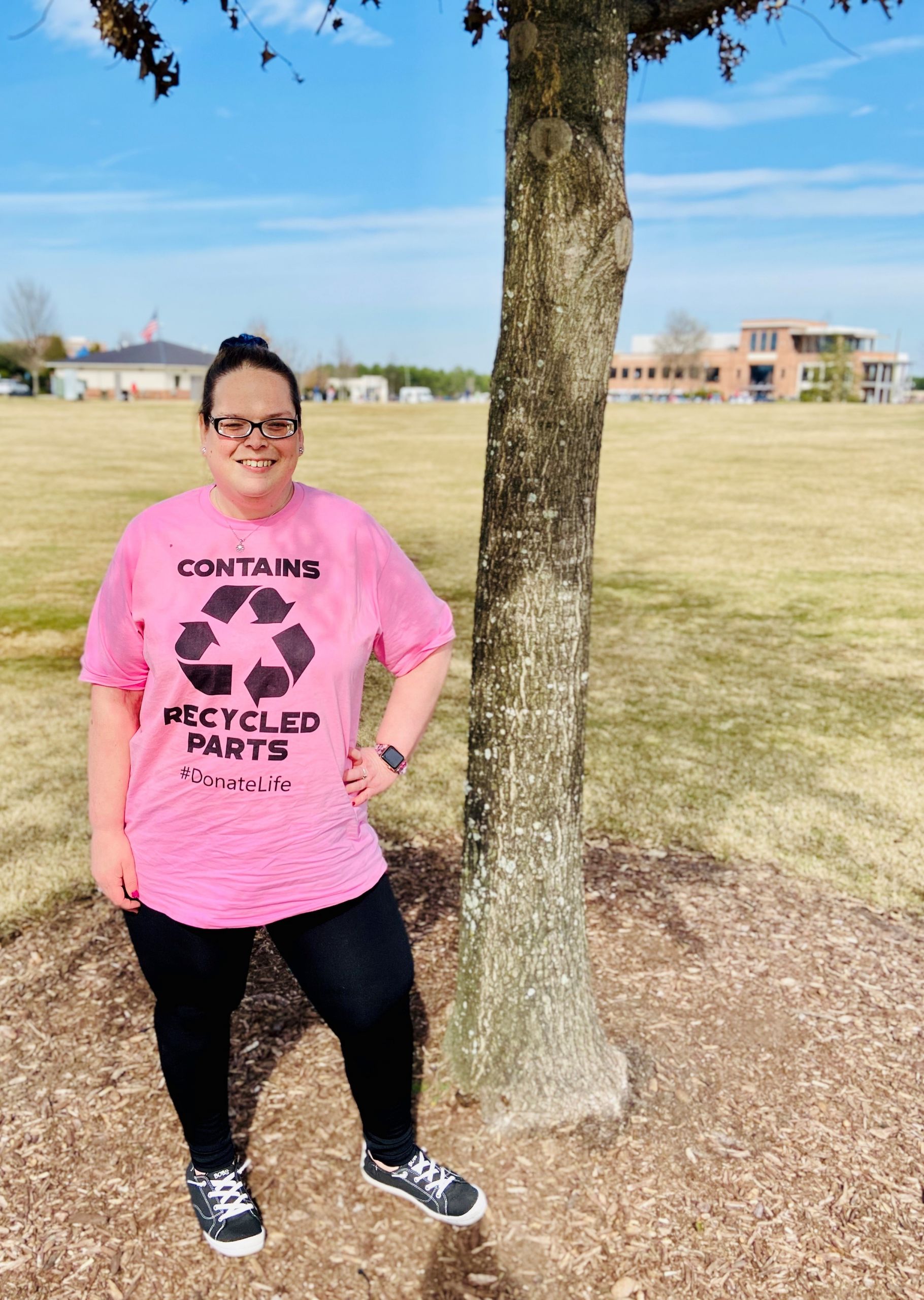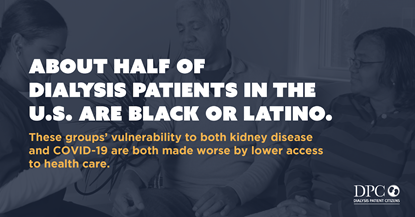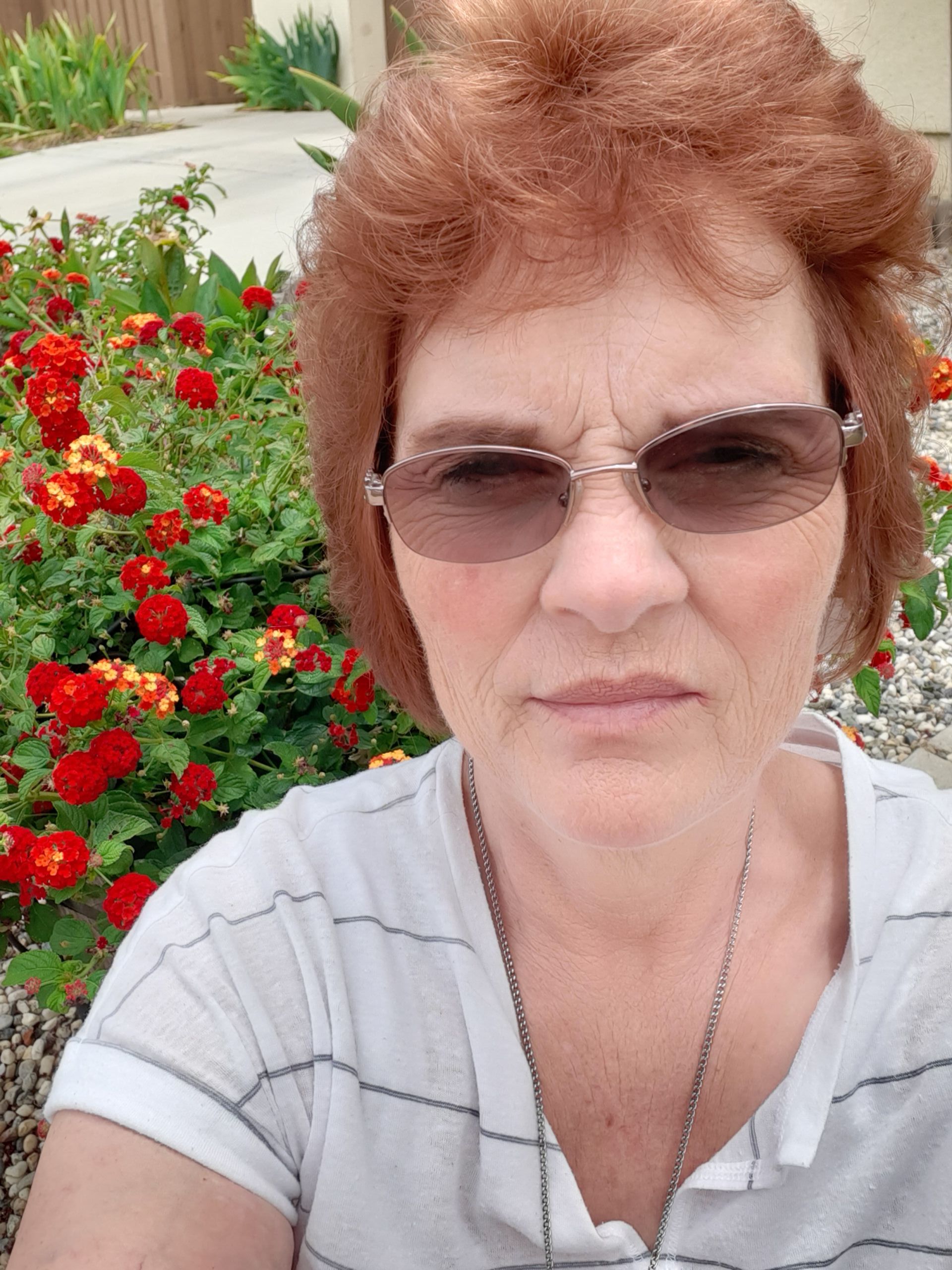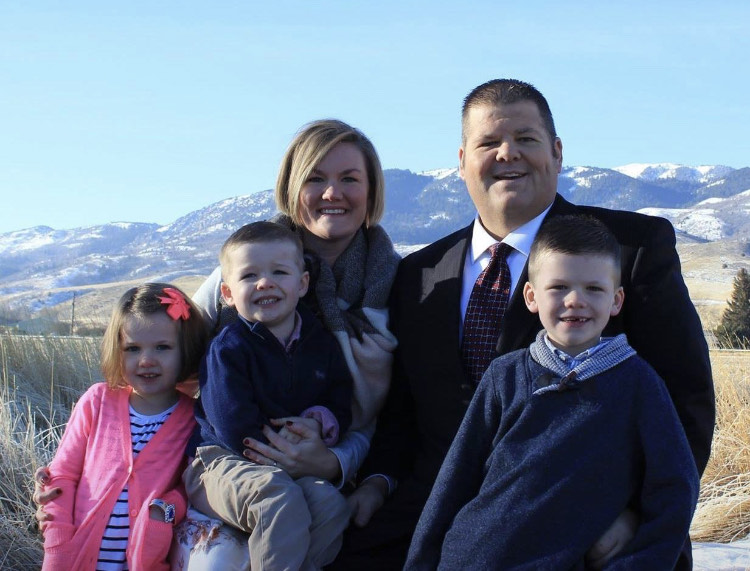Dialysis Patient Citizens Statement Commemorating Juneteenth
WASHINGTON, D.C., (June 17, 2021) -- Dialysis Patient Citizens (DPC) today released the following statement recognizing Juneteenth and reaffirming its commitment to addressing healthcare disparities among kidney patients nationwide. “Today we commemorate Juneteenth, an important day in history that celebrates the emancipation of enslaved Americans and allows us an opportunity for reflection on both our nation’s history and how much further we have to go,” said DPC Board President Andrew Conkling. “Black Americans continue to face systemic inequalities in our country, including healthcare disparities that disproportionately hurt patients from communities of color. Too many patients with kidney disease experience firsthand unacceptable racial [...]









